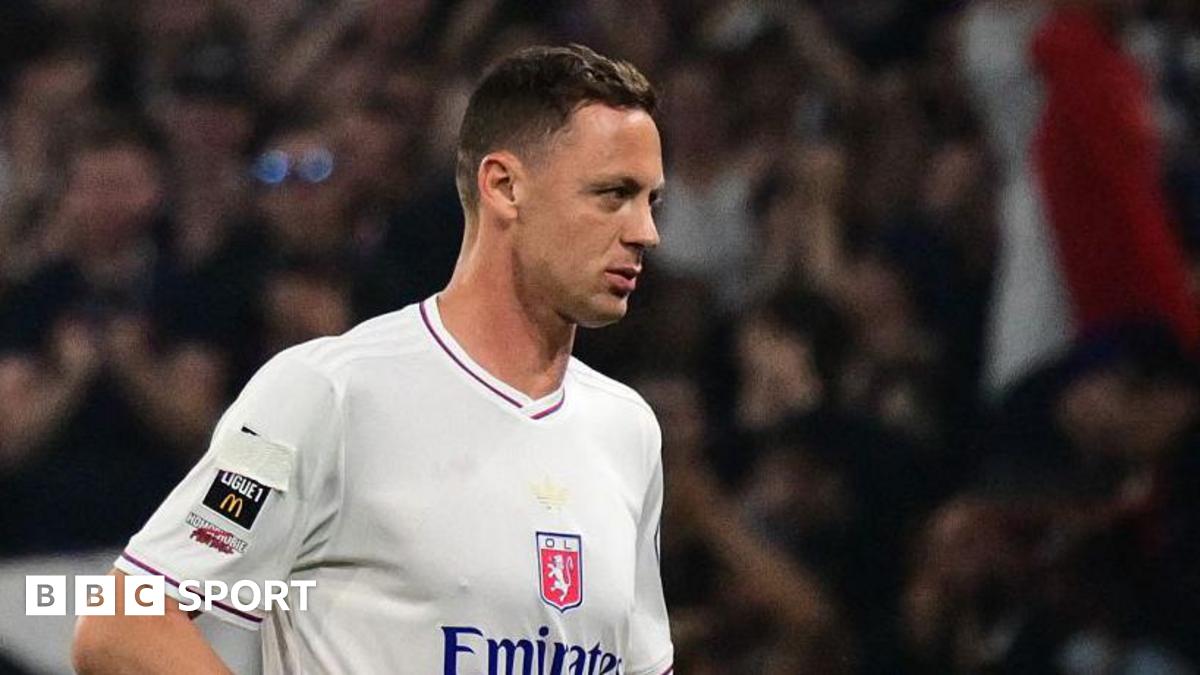Ligue 1's Anti-Homophobia Campaign Ignites Controversy
Background of the Campaign
The French Ligue 1 has been committed to promoting inclusivity and tackling discrimination, launching an anti-homophobia initiative aimed at raising awareness and fostering a more accepting environment within football.
The Recent Controversy
Recent news revealed that several high-profile players, including former Serbia midfielder Nemanja Matic and Egyptian player Mohamed Hassan, covered up the campaign logo on their jerseys. Matic wore tape over it, and Hassan also chose a similar method of avoidance, highlighting concerns over the campaign's reception among certain players.
Well-known LGBT rights activist and writer, Jean-Luc Romero, emphasized, "Football is one of the most influential sports in the world, and promoting inclusivity here can have an immeasurable impact."
Players' Reaction and Its Impact
The actions of these players have led to an intense debate about the effectiveness of the campaign and whether participation should be enforced through sanctions. While the league's intention was to promote harmony and unity, this backlash has raised questions about freedom of expression and the diversity of personal beliefs within the sports community.
- Nemanja Matic: Alleged that personal beliefs were the reason for covering the campaign logo.
- Mohamed Hassan: Took similar actions, sparking internal discussions within the team.
- Mohamed: Opted not to play, aligning his actions with his personal convictions.

Calls for Sanctions
There has been an uproar among supporters and activists, suggesting that failure to participate in such campaigns should incur penalties. The debate centers around whether sanctions would be effective or simply cause further division among players and the organizations they represent.
Popular posts about this topic have been shared widely across platforms like Facebook and LinkedIn, stirring global discourse on equality and freedom in sports.
Implications for Future Campaigns
This controversy invites a reevaluation of how such initiatives should be structured. Could involving players more actively in planning lead to better acceptance rates, or is enforcing involvement the only viable solution? The ongoing discussion continues to shape the future of sports campaigns globally.
For those interested in learning more about the social implications of sports, consider watching documentaries on Amazon that explore similar societal themes.
